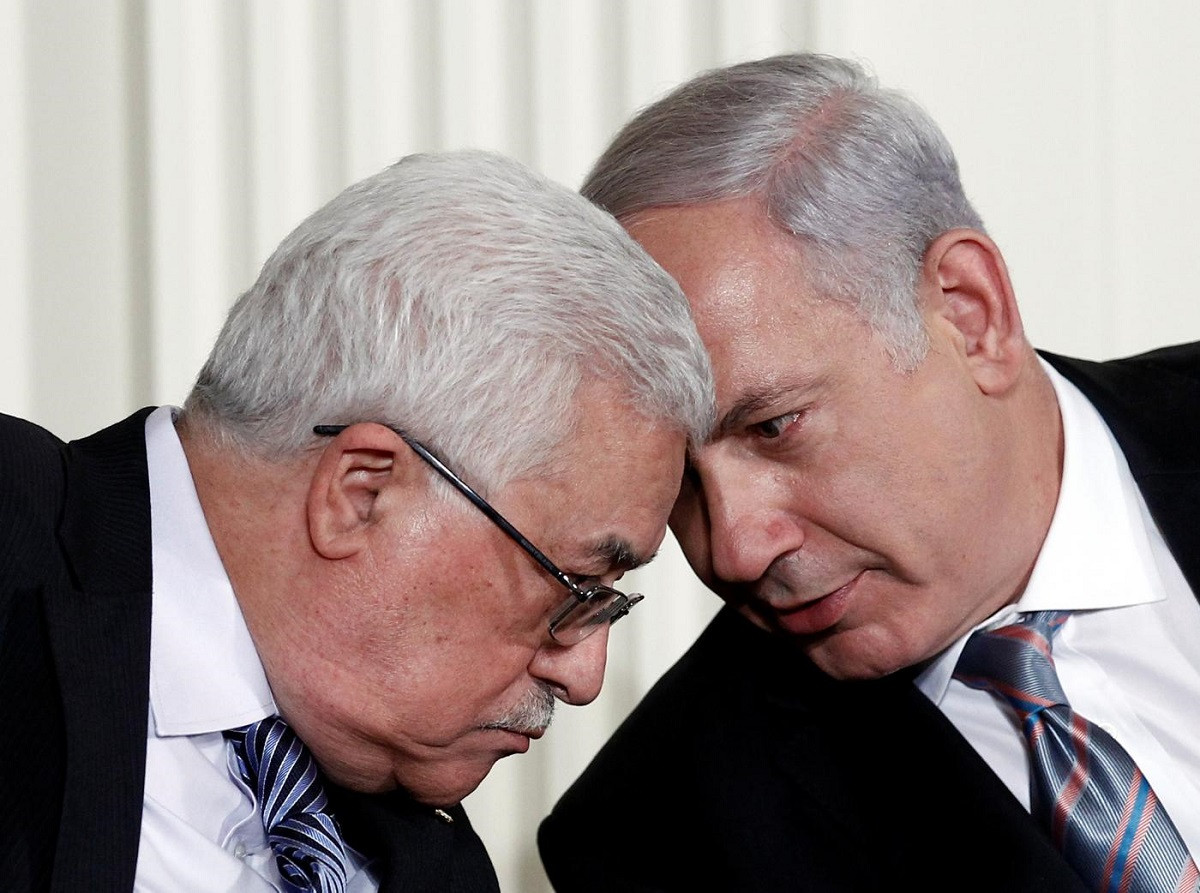Popular Reads
Top Results
Can't find what you're looking for?
View all search resultsPopular Reads
Top Results
Can't find what you're looking for?
View all search resultsA new dawn for peace in the Middle East
A determined Palestinian democracy will provide much-needed legitimacy at the peace negotiation table.
Change text size
Gift Premium Articles
to Anyone
The year 2021 is merely four weeks old, but it is already showing hopeful signs for peace in the Middle East.
First, there is no denying that transition in the most powerful office in the world is a breath of fresh air for the peace process. Indeed, the Free World is now in a better place, as it celebrates its new leader, a self-described unifier-in-chief.
In his inaugural address, United States President Joseph R. Biden aptly stressed the need for unity to heal deeply divided societies. As the president of the US, Biden’s words carry geopolitical weight and should reflect his intentions across borders.
The new occupant of the White House has a foreign policy approach that is a complete rebuke of the last four years. Within his first hours at the Resolute Desk, President Biden signed an executive order rolling back the controversial “Muslim ban”, along with other detestable immigration policies.
President Biden’s commitment to a dignified and lasting peace in the Middle East is evident from his nominee for top diplomat, Antony Blinken. At his confirmation hearing, the incoming Secretary of State, a practicing Jew, made clear that a two-state solution was the best way “to ensure Israel’s future as a Jewish, democratic state and to give Palestinians a state to which they are entitled.”
Biden has also pledged to restore ties with the Palestinians, resume aid and reject unilateral action, such as the construction of Israeli settlements in the occupied West Bank. In these respects, the early days of 2021 mark a clean break from the past four years.
Second, while it is too early to tell, Israel may soon proceed with a new attitude toward a peaceable coexistence on the home front. Prime Minister Benjamin Netanyahu is facing election challenges in March, this time without the unflinching support from the White House that he has grown accustomed to.
By some accounts, this coming snap election, the fourth in two years, may come as a reckoning for Netanyahu’s alleged corruption. Earlier this month, after years of circumventing court subpoenas, Netanyahu’s legal team is reportedly seeking parliamentary immunity yet again. The Israelis will decide whether or not his political future will extend beyond March.
Netanyahu’s strongest challenger, Defense Minister Benny Gantz, a centrist, has hinted that “Palestinians deserve an entity in which they can live independently.” The former chief of staff of the Israeli Defense Forces (IDF) is also committed to a united Jerusalem with a place for a Palestinian capital within it. One can only hope that a Gantz victory would open a new chapter for both Israel and Palestine.
To his credit, PM Netanyahu has pledged to work with President Biden to strengthen ties and is eager to continue expanding peace between Israel and the Arab world. This in itself offers a fresh breeze of hope.
Third, the upcoming election in Palestine will be a momentous occasion for a Hamas and Fatah reconciliation. President Mahmoud Abbas’ move to call for an election after 15 politically-stagnant years deserves our highest commendation. There is no better way to end political disagreements than listening to the people you represent.
A determined Palestinian democracy will provide much-needed legitimacy at the peace negotiation table. Beyond a shadow of a doubt, a free and fair election in Palestine is our best shot at a dignified and lasting peace in generations. As such, the global community should leave no stones unturned in allowing Palestinian democracy to grow and take root, starting with this year’s election.
Unlike 15 years ago, we, members of the Free World, must commit to welcoming the results of the election. Like ours in our respective states, the will of the people of Palestine deserves to be heard and heeded. History reminds us, repeatedly, that no good can come out from denying the people their inalienable right to vote and to a government of their choosing.
No one understands this better than President Biden and the American people, who have just witnessed how their democracy survived a near death experience at the steps of the Capitol, the very temple of democracy. We must heed the insistent lessons of history, as recent as three weeks ago, to navigate the peace process in the Middle East, starting with the election in Palestine.
With President Biden in the White House and upcoming elections in Israel and Palestine, the stars are aligned. As a global community for democracy and peace, we must come together to meet this moment. We all should call on our leaders to put our differences aside, put our bright future before our past.
With a renewed commitment to democracy in Palestine, 2021 could mark a new dawn for peace in the Middle East.
***
Diaz Hendropriyono is a special staff member to the President and Harya S. Dillon is a Fulbright scholar. The views expressed are their own.










